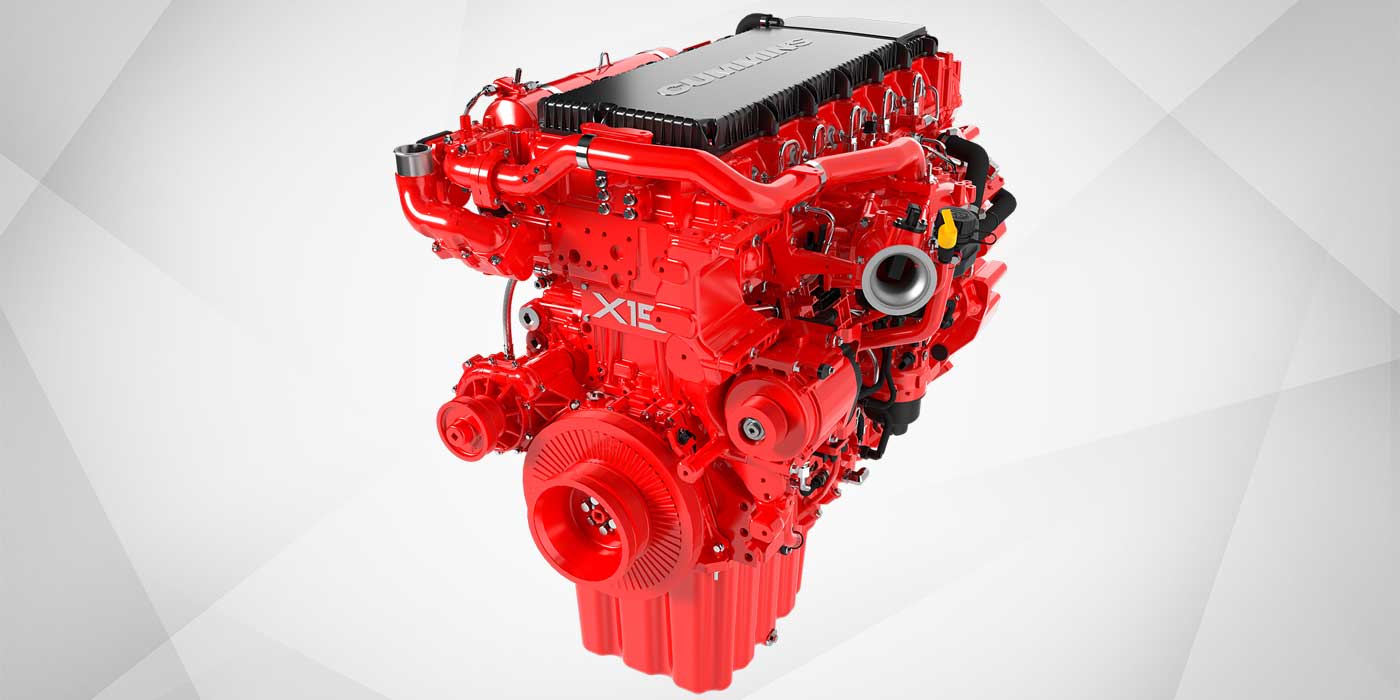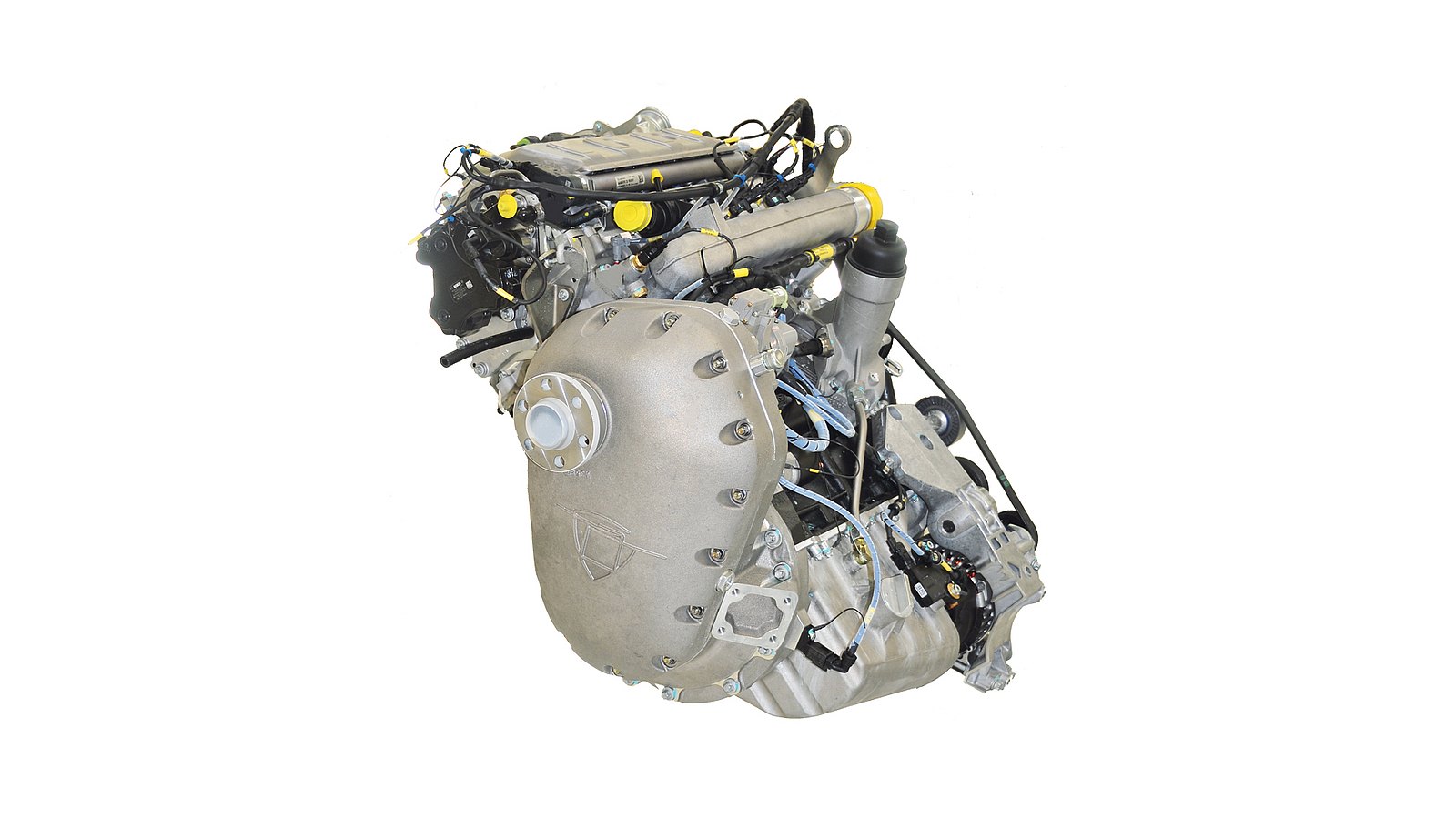Engines For Africa: Top Choice for Automotive Enthusiasts
Engines For Africa: Top Choice for Automotive Enthusiasts
Blog Article
Explore a Vast Array of Engines for every single Car and Objective
The vehicle landscape is significantly intricate, with a varied array of engine kinds developed to meet details efficiency and effectiveness demands throughout various car classifications. Furthermore, sturdy engines offer the requirements of work lorries, while green alternatives are getting grip in the search of sustainable transportation.
Kinds Of Automotive Engines
Automotive engines can be categorized into a number of distinctive kinds, each developed to satisfy certain performance and performance requirements. One of the most usual classifications include inner burning engines, electric engines, and crossbreed systems.

Electric engines, on the other hand, run on electrical power kept in batteries, providing instantaneous torque and zero emissions. These engines are becoming progressively preferred because of innovations in battery modern technology and the expanding emphasis on sustainability.
Hybrid systems integrate both internal combustion and electric engines, making it possible for automobiles to enhance gas performance and decrease discharges by effortlessly switching in between power sources. Each engine kind presents its benefits and negative aspects, influencing variables such as lorry layout, intended usage, and market need. When picking the proper engine for their particular demands., recognizing these distinctions is critical for customers and producers alike.
Efficiency Engines for Sports Cars
Performance engines for cars are especially engineered to supply improved speed, agility, and power, establishing them aside from conventional automotive engines. These engines typically utilize innovative innovations such as turbocharging, supercharging, and variable valve timing to make best use of effectiveness and responsiveness.
Typically, performance engines are made with higher compression ratios, which enable greater power extraction from gas. This results in excellent horsepower and torque numbers, making it possible for fast velocity and higher full throttle. The light-weight products made use of in these engines, such as light weight aluminum and carbon fiber, contribute to reduced general vehicle weight, enhancing handling and ability to move.
Engine setups like V6, V8, and also hybrid systems are usual in efficiency cars, each offering unique advantages in terms of power shipment and driving characteristics. The adjusting of these engines is likewise important; many makers enhance the engine administration systems to offer an exhilarating driving experience, typically consisting of sport modes that change throttle reaction and equipment changes.
Efficient Engines for Daily Commuters
In the realm of day-to-day travelling, effective engines play a vital function in enhancing gas economic climate and lessening emissions while offering dependable efficiency. As city populations expand and environmental worries increase, the need for vehicles equipped with reliable powertrains has actually risen.
Modern engines created for day-to-day travelers usually integrate technologies such as turbocharging, direct gas injection, and hybrid systems. Turbocharging enhances engine performance by requiring even more air into the combustion chamber, allowing for smaller, lighter engines that do not jeopardize power output. Straight fuel shot boosts fuel atomization, leading to far better burning and raised efficiency.
Hybrid engines, integrating inner combustion with electric power, more increase fuel economic situation, especially in stop-and-go website traffic, where typical engines can struggle with ineffectiveness. Electric electric motors aid during velocity and can run independently at reduced speeds, reducing total fuel usage.
Moreover, advancements in engine monitoring systems and lightweight products add substantially to efficient engine layout. By concentrating on performance, toughness, and ecological sustainability, producers remain to provide engines that not just satisfy the needs of daily travelling yet additionally align with global initiatives to minimize carbon impacts.
Heavy-Duty Engines for Job Automobiles
Durable engines for work automobiles are regularly engineered to provide remarkable torque and reliability under demanding problems. These engines are made to carry out in settings where typical engines might fail, such as construction websites, logging procedures, and agricultural setups. The main focus of heavy-duty engines is their ability to create high levels of power while maintaining longevity over prolonged periods of operation.
Usually, sturdy engines use innovative products and robust construction methods to endure the roughness of hefty work. Features such as enhanced cyndrical tube blocks, improved cooling systems, and progressed gas injection technologies add to their performance. These engines commonly operate at lower RPMs, which helps to enhance fuel effectiveness while giving the necessary power for carrying and towing.
In enhancement to mechanical toughness, durable engines are commonly equipped with advanced electronic control devices (ECUs) that take care of efficiency, emissions, and diagnostics. This combination enables far better surveillance and maintenance, making sure that work lorries continue to be functional and efficient.
Inevitably, heavy-duty engines are a crucial element in the performance of different industries, providing the needed power and reliability to take on the toughest of tasks.
Eco-Friendly Engine Options
The growing focus on sustainability has resulted in the advancement of environmentally friendly engine alternatives that focus on reduced emissions and improved gas efficiency. These engines are made to decrease the ecological effect of vehicles while still supplying the efficiency and reliability expected by consumers.
Amongst the most remarkable eco-friendly choices are hybrid and electrical engines. Hybrid engines incorporate conventional inner combustion engines with electrical propulsion, permitting minimized fuel consumption and lower greenhouse gas exhausts. Electric engines, on the various other hand, operate completely on battery power, creating no tailpipe discharges and adding to cleaner air quality.
Another appealing advancement is the improvement of biofuel engines, which utilize renewable resources, such as plant products, to power lorries (Engines For Africa). By utilizing biofuels, these engines can lower reliance on nonrenewable fuel sources and reduced overall carbon footprints

As the automotive industry progresses, environment-friendly engine choices will certainly play an right here essential role in driving the change in the direction of even more lasting transportation options.
Verdict
The vehicle industry provides a varied selection of engines made to satisfy numerous lorry demands and objectives. From high-performance engines that enhance sporting activities automobile capabilities to reliable designs prioritizing fuel economic climate for everyday travelers, each kind serves a certain function. Durable engines deal with robust work cars, while eco-friendly alternatives, such as electrical and biofuel engines, promote lasting transport. This extensive range ensures that all driving needs are attended to, contributing to innovations in automobile modern technology and ecological stewardship.

Report this page